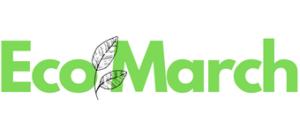Why Molded Fiber is Your Best Choice for Egg Packaging
Eggs are a type of food with a particularly fragile shell. Therefore, to ensure that eggs can safely reach your table from the farm, you must pay special attention to the packaging of eggs. The egg carton market is expected to reach $2,074.1 million in 2024, and from 2024 to 2034, the market size is expected to reach $2,760.5 million, which shows its huge market size.
Due to the large volume of egg cartons used, we are not only concerned about the safe transportation of eggs but also about their sustainability and impact on the environment. In recent years, a new material for egg carton packaging: molded fiber, has become particularly popular. Egg boxes made of this material are not only strong enough but also biodegradable and compostable, making them an ideal choice for modern product packaging.
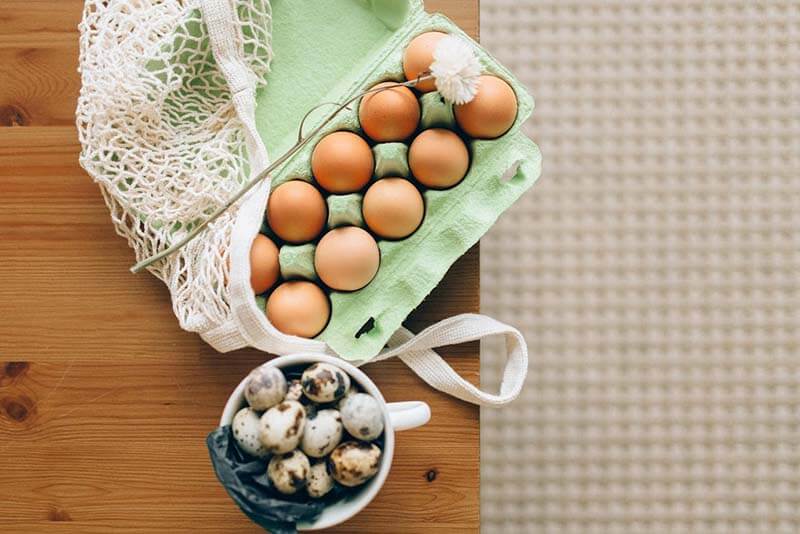
What is Molded Fiber?
Molded fiber, also known as molded pulp, is a packaging material made from recycled paper, cardboard, or other natural fibers like bamboo, wheat straw, bagasse, etc. It is produced by breaking down these fibers into a slurry, and then molded into various shapes and dried to form durable packaging products. This process can create lightweight and strong materials that can be easily customized to fit specific packaging needs, such as egg boxes.
Types of Molded Fiber
There are different types of molded fiber, and each of them has its specific benefits and is suitable for different applications.
- Recycled Paper Molded Fiber: They are made from recycled newspaper, cardboard, or other post-consumer materials. This packaging material is eco friendly, cost effective and widely used in protective packaging.
- Virgin Pulp Molded Fiber: Made from new, unprocessed wood fibers. The texture is smoother, and the shape is more precise, suitable for high-end packaging needs.
- Bamboo or Other Natural Fiber Molded Fiber: The fibers are generally made from bagasse, straw, hemp, etc. They are more sustainable than wood pulp and have similar performance with lower environmental impact.
Common Uses of Molded Fiber in Packaging
Molded fiber can be used in various industries for packing and sustainable purposes, its applications include:
- Egg Containers: The design of egg containers perfectly fits the shape of eggs and provides cushioning to prevent breakage.
- Electronics Packaging: The product is designed to fit the shape and size of electronic products to prevent damage during transportation.
- Food Packaging: Various foods can be packed into the food containers that are made from molded fiber. Whether it is cold or hot food, wet or dry food.
- Medical Products: Sterile trays and packaging for medical instruments.
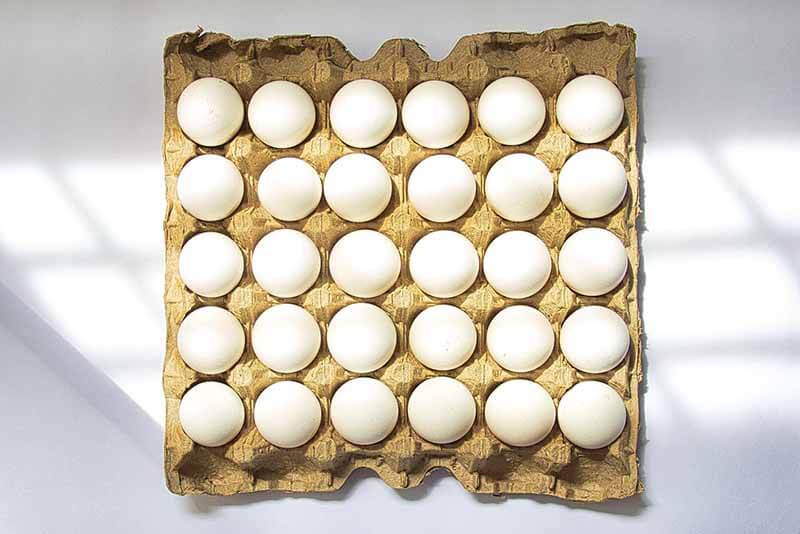
Key Benefits of Molded Fiber for Egg Packaging
Why we say the pulp egg cartons are better than plastic and Styrofoam egg cartons? Let’s take a look at the key benefits of this material.
Superior Protection
Eggs are very fragile, so egg packaging must be able to protect the eggs from breakage during handling and transportation. Molded fiber performs very well in this regard.
- Cushioning and Shock Absorption Properties: Molded fiber is naturally resilient, it has excellent shock absorption to protects from sudden impacts and rough handling.
- Molded Design Tailored to Egg Shape: Molded fiber egg cartons are designed to cradle each egg, this provides an extra safety layer and reduces the movement to minimize the risk of cracking.
Sustainability
Today’s consumers are looking for environmentally friendly materials, so using pulp egg boxes is an environmentally friendly choice.
- Biodegradable, Recyclable, and Compostable Features: The pulp egg carton is made from recycled paper or natural fibers, so this packaging material can decompose naturally and reduce landfill waste. Using the packaging material that is made from molded fiber is also recyclable, biodegradable, and compostable, contributing to a circular economy.
Cost-Effectiveness
Not only the environmental benefits, but also the economic advantages that the molded pulp packaging can provide to us.
- Affordable Production and Material Costs: Most of the molded fiber is made from recycled materials, so the production cost is relatively low.
- Efficiency in Manufacturing and Transportation: The molded fiber packaging is lightweight, so the shipping cost is low. Also, the packaging is stackable, can optimize the storage and transportation cost.
Customization
Egg packaging needs to be customized according to the type of egg, the size of the egg, and the specific requirements of different clients. Molded fiber offers high flexibility in design:
- Adaptability in Size and Shape for Various Egg Types: Whether you want to customize your extra-large eggs or develop packaging for specialty egg products, molded fiber can provide tailored solutions for all needs.
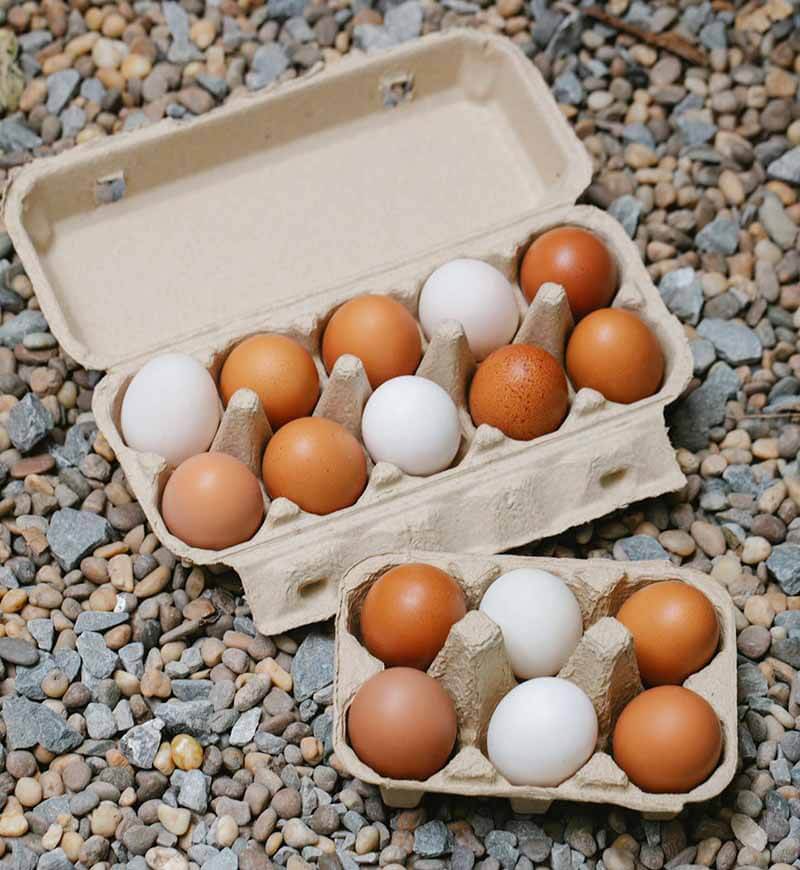
Molded Fiber vs. Other Egg Packaging Materials
There are 4 main types of egg box packaging on the market, they are plastic egg carton, Styrofoam egg carton, pulp egg carton and cardboard egg carton. Below, we will compare molded fiber egg packaging with some other materials.
Molded Fiber vs. Plastic
- Durability: Plastic egg cartons are highly durable and resistant to moisture, they are suitable for long-term storage and handling in various conditions. However, molded fiber egg packaging is less durable than plastic material.
- Environmental Impact: Plastic is non biodegradable, will cause serious pollution and puts a heavy burden on landfills. Although some plastic is recyclable, the recycling rates is low. Molded fiber is made from recycled material and is fully biodegradable.
Molded Fiber vs. Styrofoam
- Insulation Benefits: Styrofoam has great performance in insulation properties, this feature can keep the egg fresh and this especially helpful in extreme weather conditions.
- Non-Biodegradability: Styrofoam is one of the least environmentally friendly materials, it can persist in the environment for centuries and cause serious plastic pollution. However, molded fiber can be recycled, biodegradable and compostable.
Molded Fiber vs. Cardboard
- Strength: Both molded fiber and cardboard are made from paper products, but molded fiber is stronger and more durable. Especially in humid conditions, the structure of molded fiber can provide better protection.
- Recyclability: Both molded pulp and cardboard are recyclable, but molded fiber is compostable, this is an extra advantage. The design of molded fiber egg packaging is more flexible than the cardboard egg packaging.
If you want to wholesale egg cartons, Eco March must be your Best Choice! We also provide custom services to meet your specific needs.
You may also interested in:
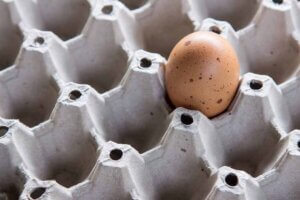
John Q
John Q is Eco March’s Product Manager. With 5 years of prior experience in the food industry after graduating from university, he has been an integral part of Eco March. He excels in creating and developing eco-friendly food packaging products with a keen focus on enhancing the consumer experience.
